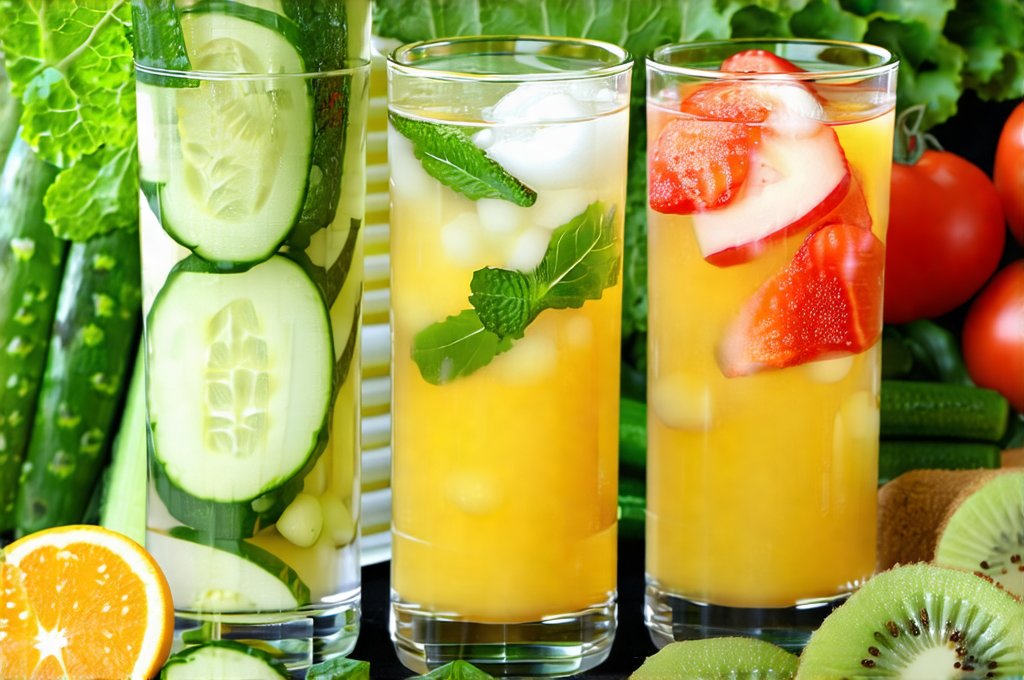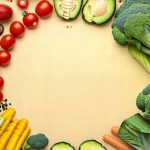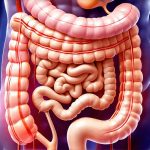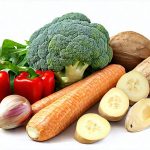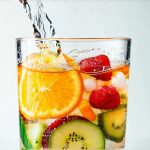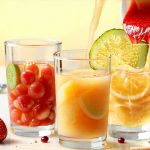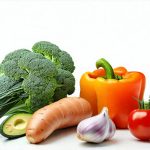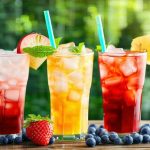Maintaining consistent digestive health is fundamental to overall well-being, yet it’s often overlooked until issues arise. Many factors can disrupt regular bowel movements – diet being paramount among them. While fiber frequently takes center stage in discussions about digestive regularity, the role of hydration is equally crucial, and often underestimated. A sufficient intake of fluids helps soften stool, making it easier to pass, and supports the optimal functioning of the entire digestive system. Beyond simply drinking water, incorporating hydrating foods into your diet can provide a delicious and effective way to promote consistent bowel movements and alleviate constipation.
This article delves into the world of hydrating foods that actively support regular bowel function. We’ll explore how these foods contribute not just to hydration levels but also to gut health, offering a holistic approach to digestive wellness. It’s important to note that individual needs vary, and what works best for one person may differ for another; however, understanding the principles behind hydrating foods and their impact on bowel movements can empower you to make informed choices tailored to your body’s requirements. We will also look at how certain food choices can exacerbate constipation, and highlight alternatives to support a more comfortable digestive process. Considering that many experience issues with digestion after overeating, it’s helpful to understand loose bowel movements from overeating high-fat foods.
The Power of Water-Rich Foods
Water is essential for life, and that includes the efficient operation of our digestive system. However, relying solely on beverages isn’t always enough. Many fruits and vegetables boast exceptionally high water content – often exceeding 90% – making them potent hydrating agents. This inherent moisture aids in softening stool, reducing its transit time through the intestines and minimizing the risk of constipation. Think of watermelon, cucumbers, or even celery; these aren’t just refreshing snacks but also valuable contributors to digestive regularity. The key difference between hydration from food versus beverages lies in the added benefits of vitamins, minerals, and fiber. These nutrients further support gut health and overall wellness.
Furthermore, water-rich foods often contain electrolytes – minerals like sodium, potassium, and magnesium – which are vital for maintaining fluid balance within the body. Proper electrolyte balance is crucial for muscle contractions, including those in the digestive tract that propel food along. A deficiency in these electrolytes can lead to sluggish bowel movements and discomfort. Incorporating these foods isn’t about a drastic dietary overhaul; it’s about making mindful choices throughout the day to prioritize hydration through delicious and readily available sources. For those looking for additional support, natural anti-inflammatory foods that support gut healing can be very beneficial.
Beyond simply increasing water intake, the form of hydration matters. Foods provide a slower, more sustained release of fluids compared to chugging a large glass of water, allowing for better absorption and utilization by the body. This is particularly beneficial for individuals prone to bloating or discomfort from rapid fluid intake. A consistent intake of hydrating foods helps maintain optimal gut moisture levels, leading to smoother digestion and improved bowel regularity.
Fiber & Fluid: The Dynamic Duo
Fiber and fluids work synergistically to promote healthy bowel movements. While fiber adds bulk to the stool, making it easier to move through the digestive tract, water is essential for softening this bulk, preventing it from becoming hard and difficult to pass. Think of fiber as the engine and water as the lubricant – both are needed for optimal function. Without adequate hydration, increased fiber intake can actually exacerbate constipation, creating a frustrating cycle.
There are two main types of fiber: soluble and insoluble. Soluble fiber dissolves in water, forming a gel-like substance that slows digestion and helps regulate blood sugar levels. Insoluble fiber doesn’t dissolve but adds bulk to the stool, promoting regularity. Many hydrating foods contain both types of fiber, offering a comprehensive approach to digestive health. For example, chia seeds are incredibly rich in soluble fiber and absorb significant amounts of water, creating a naturally softening effect within the intestines. Similarly, berries offer a combination of fiber and hydration, supporting healthy bowel function while providing essential antioxidants.
It’s important to gradually increase both fiber and fluid intake simultaneously to avoid digestive upset. Start by adding small amounts of hydrating foods to your diet and observe how your body responds. If you experience bloating or discomfort, reduce the amount and focus on increasing water consumption alongside it. Remember that individual needs vary, and there’s no one-size-fits-all approach. Prioritizing both fiber and fluid intake is a powerful strategy for maintaining consistent bowel movements and supporting long-term digestive health. Developing daily habits that promote a regular bowel rhythm can significantly improve your overall wellbeing.
Boosting Hydration Through Specific Food Choices
- Fruits: Watermelon (92% water), strawberries (91% water), cantaloupe (90% water), peaches (89% water), oranges (88% water). These fruits are not only hydrating but also rich in vitamins and antioxidants.
- Vegetables: Cucumbers (96% water), celery (95% water), lettuce (96% water), zucchini (95% water), tomatoes (94% water). Incorporating these vegetables into salads or as snacks provides a significant hydration boost.
- Soups & Broths: Clear broths and vegetable-based soups are excellent sources of fluids and electrolytes. Avoid creamy or heavy soups, which can be harder to digest.
- Herbal Teas: Unsweetened herbal teas like chamomile or peppermint can contribute to daily fluid intake and may also offer digestive benefits.
Understanding Food Triggers for Constipation
Certain foods can actively contribute to constipation by slowing down digestion or absorbing water from the intestines. Common culprits include:
* Processed Foods: Often low in fiber and high in unhealthy fats, processed foods can disrupt digestive function.
* Red Meat: Can be difficult to digest and may contribute to slower bowel movements.
* Dairy Products (in some individuals): Lactose intolerance or sensitivity can lead to constipation for some people.
* Refined Grains: Lack the fiber necessary for promoting regular bowel movements.
Identifying and minimizing these triggers while prioritizing hydrating foods is crucial for maintaining a healthy digestive system. Simple swaps – like choosing whole grains over refined grains, or lean protein sources instead of red meat – can make a significant difference. Supporting your liver health with foods rich in antioxidants is also important for overall digestive function.
Practical Tips for Increased Hydration & Regularity
- Start Your Day with Water: Drinking a glass of water first thing in the morning rehydrates your body after sleep and kickstarts your digestive system.
- Carry a Reusable Water Bottle: Having water readily available encourages frequent sipping throughout the day.
- Snack on Hydrating Foods: Keep fruits and vegetables like cucumber slices or watermelon chunks within easy reach for quick, hydrating snacks.
- Incorporate Soup into Your Diet: Enjoying a bowl of vegetable soup can provide both hydration and essential nutrients.
- Listen to Your Body: Pay attention to your body’s signals and adjust your fluid intake accordingly. Increased activity levels or warmer weather may require increased hydration. Many find that hydrating foods gently cleanse the digestive tract effectively. Supporting healthy pancreatic function with appropriate food choices is also key to optimal digestion – consider foods that support healthy pancreatic function. Finally, don’t forget the power of foods to help balance your gut microbiome, and starve bad gut bacteria while feeding the good ones!

